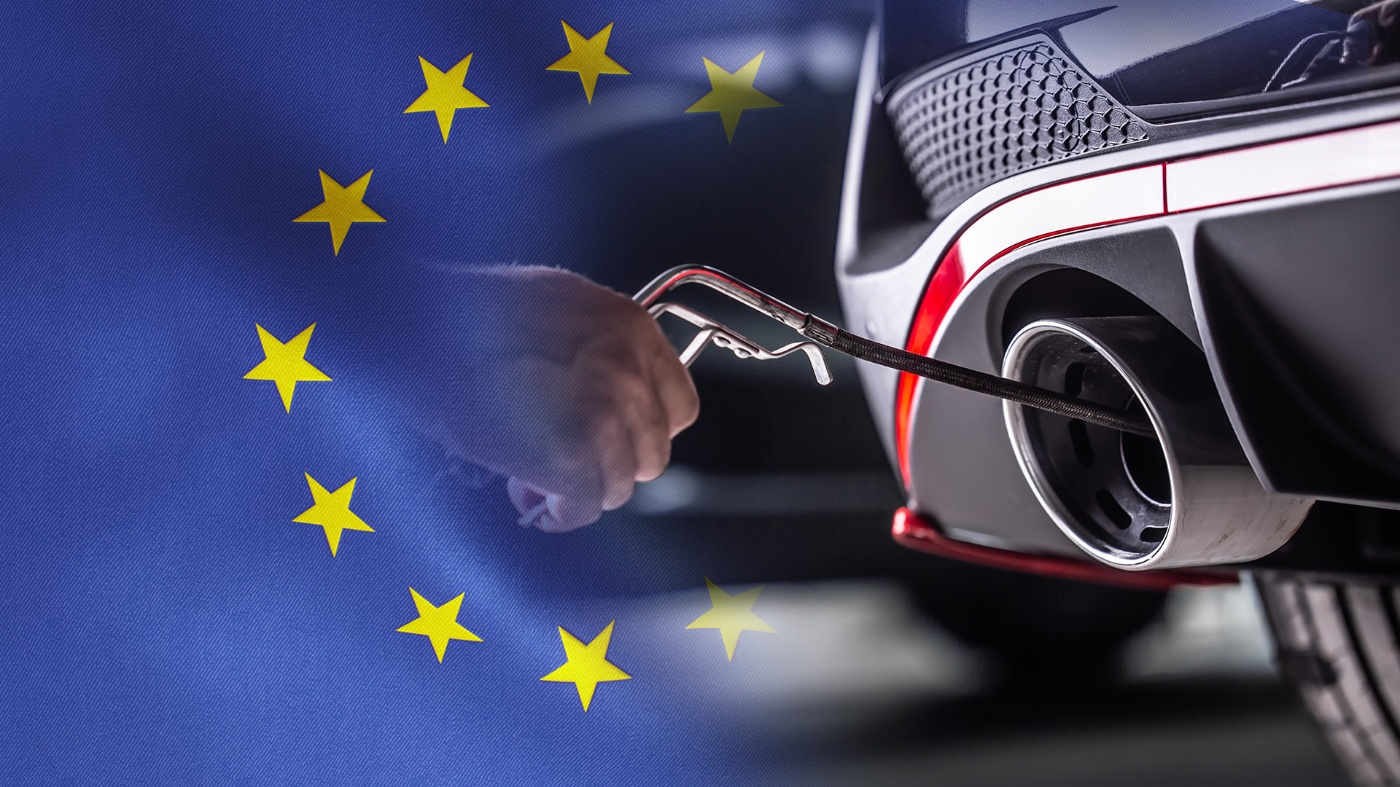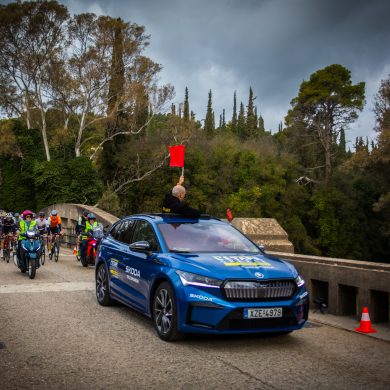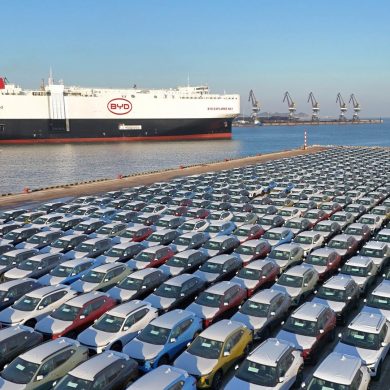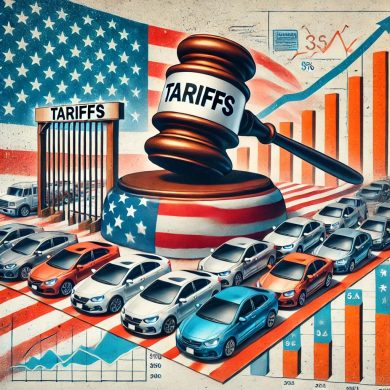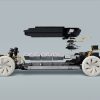By 297 votes in favour, 190 against and 37 abstentions, the European Parliament ratified the agreement reached with the European Commission and the Council of the EU during the trilateral dialogue last December on emission standards Euro 7. Before it enters into force, the new legislation will have to be ratified by the European Council itself.
The main additional features
Euro 7 sets new emission standards for cars, trucks and - for the first time - buses and trailers. As far as exhaust limits for cars and trucks are concerned, the requirements remain unchanged from Euro 6, while exhaust particles from brakes and tyres will be measured as PM10 instead of PM23 to take account of smaller particles. Minimum battery life requirements are also introduced, as well as an environmental vehicle certificate containing all information on limits, consumption, emissions, range and battery life. Trucks and buses will retain the same test conditions as the Euro 6 standard, but the limits will be stricter.
The comment from Strasbourg
"We have found the right balance between environmental objectives and the vital interests of manufacturers," commented rapporteur Alexandr Vondra. "We want to ensure that smaller cars with internal combustion engines remain affordable for private customers and at the same time help the automotive industry prepare for the future transformation."
Acea's reply
The European Manufacturers' Association confirms its appreciation of the result achieved by the European Union, in particular as regards cars: "Today's vote puts the focus where it matters most, namely on the future challenges related to brake emissions and battery requirements," commented Sigrid de Vries, Acea's Director General, in a press release. "Lawmakers need to do more to replace older car fleets with safer and more energy-efficient models, and we are not just talking about incentives, but about creating a comprehensive regulatory framework that will guarantee European citizens that they will be able to use their cars more efficiently.


